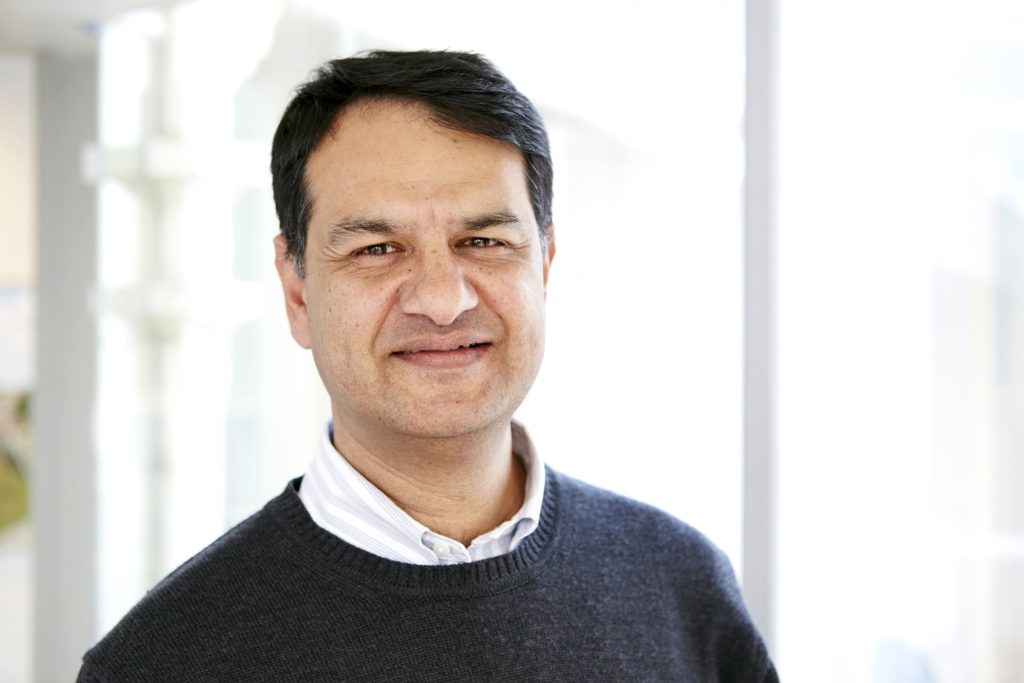The mantra ‘Time to Act’ is behind a major women’s health summit taking place at Parliament House next week, with the Royal Australian and New Zealand College of Obstetricians and Gynaecologists bringing thought leaders together to discuss a wide and ambitious agenda.
RANZCOG President Dr Vijay Roach told Women’s Agenda they are determined to see their mantra come to fruition in delivering on women’s health. We have the research. We have the policy documents, the statistics, the books and white papers – we must initiate the changes needed to support the health of all Australian women.
“When every single issue around women’s health is one that’s been around for generations, if not millennia, the need to act is definitely overdue,” he said.
He notes the events of 2021 concerning women’s safety and respect in Australia, along with the collective push to say ‘enough’, as also inspiring the Summit.
“Yes, it’s absurd that you’d need a moment to bring women’s health to public attention. It should be on the agenda every day. But we are seeing such a strong push for change, that it seemed right to highlight the opportunities to also collaborate on women’s health.”
The event comes almost three years since Minister for Health and Aged Care, Greg Hunt, announced the Women’s Health Strategy 2020 to 2030, aiming to establish a proactive agenda for moving forward. Hunt is due to address the Summit, along with Shadow Minister for Indigenous Australians Linda Burney, Minister for Regional Health, Regional Communities and Local Government Mark Coulton, and experts across different areas of women’s health.
RANZCOG will call on participants – invited to attend from all over Australia and individually bringing specific expertise to the table – to find solutions that will have meaningful change for women.
“This Summit is for every woman, be she Indigenous Australian, migrant, refugee, wealthy or disadvantaged, young or old. Every woman matters. Every woman is valued. And every woman should have access to these solutions.”
Dr Roach wants to avoid grand visions and broad statements emerging from the Summit, to instead focus on where collective work can inspire small, incremental but significant achievements.
“The reality is that we’re not going to close gaps on women’s health entirely, immediately, but we do have an opportunity to at least close these gaps a little bit,” he said.
“I believe you’re strategically more likely to succeed if you get into the specific details of what we can change, rather than declaring those motherhood statements.”
And while this event is being hosted by the college representing obstetricians and gynecologists, the Summit acknowledges the need for a collaborative approach. Women’s health is multi-layered and requires a wide range of inputs from GPs to midwives, nurses, physios, frontline domestic violence workers and community services providers. The goal is to come up with a collectively strategic, rather than siloed, approach to delivering outcomes.
Dr Roach said that while funding will be critical for implementing strategic women’s health initiatives, the need for cultural change must also be considered. This includes empowering and enabling men to take a greater role in primary care and parental leave, which will open more career and earning opportunities for women.
“You could argue that these ideas go beyond the remit of a women’s health summit, but women’s health is broad and impacted by many things. It’s important to take a holistic view and consider all elements.”
Dr Roach points to small examples of change – such as the Melbourne City Council initiative providing free pads and tampons to women and girls in public areas – as the types of actions needed to initiate more powerful cultural shifts to elevate women’s health needs. “What that council is doing is normalising these things. You normalise periods, and then incrementally you normalise women’s sexual activities, contraception, abortion and menopause.”
He also looks to the New Zealand Government’s introduction of three days of paid leave for parents following miscarriage or stillbirth, an initiative that will help destigmatise, and acknowledge, the pain of such losses.
“These sorts of initiatives can be transformative, not only for individual women, but also by changing the social and cultural prism through which women’s lives are viewed, and experienced,” he said.
Women’s Agenda is partnering with RANZCOG to share content and the outcomes of the RANZCOG Women’s Health Summit, taking place on Thursday the 27th May, in Canberra. While the event is invitation only, you can register to view the Summit virtually here.


